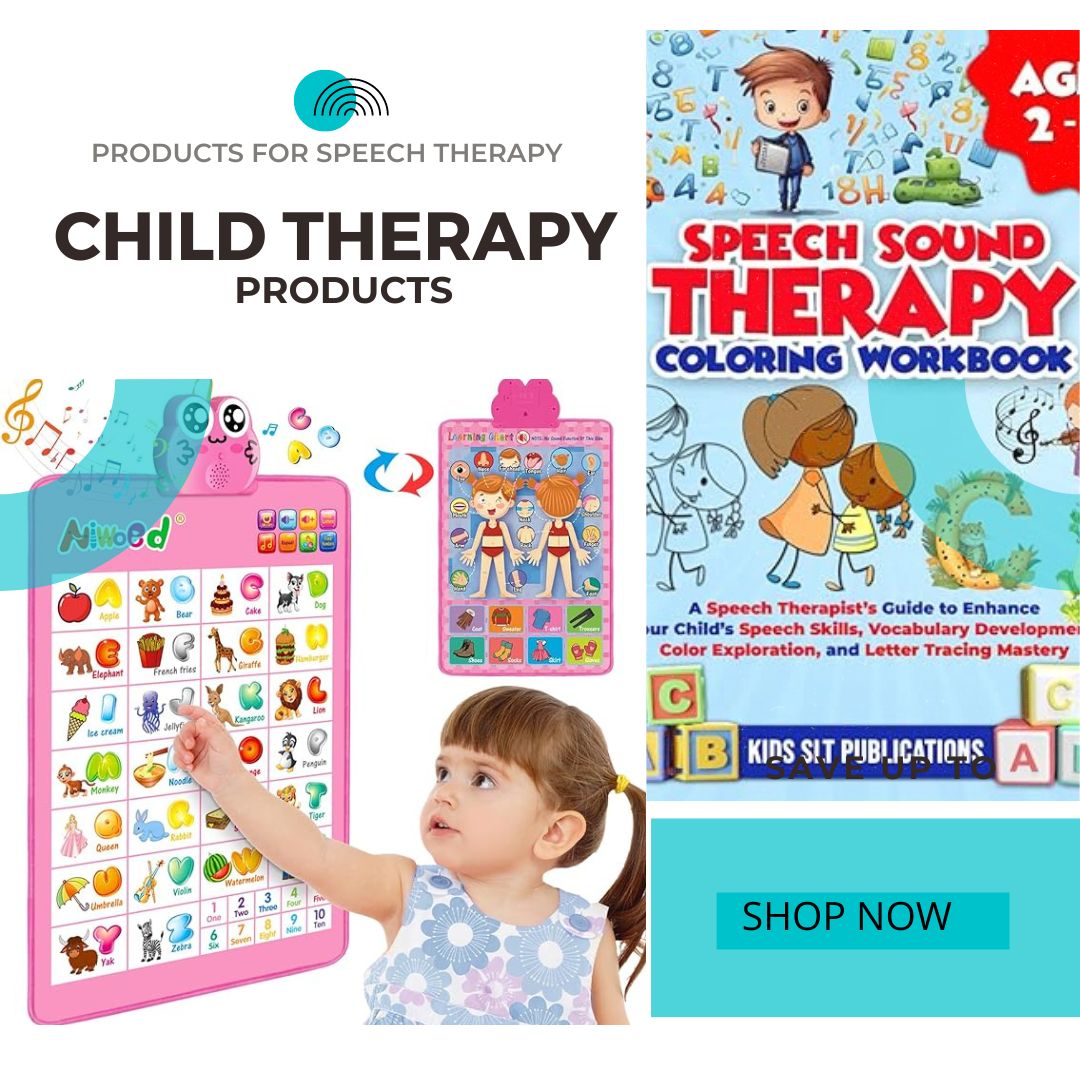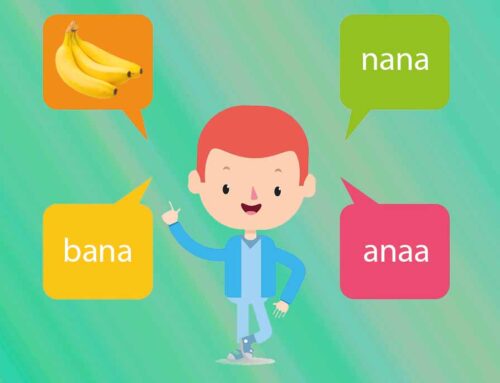Speaking and learning language is a natural process, but it can be challenging for some children. In such a situation, playful speech therapy activities can help them and a child can develop their communication skills and gain confidence in life in every phase of life like a pro .
Preschool age is very important because at this time children develop their language and communication skills. Detecting and solving problems in time is beneficial for the child’s future. So here, if you are in search of what are the Speech Therapy Activities for Preschoolers, then keep reading as we will let you know everything in detail.
Objective and Importance
The purpose of speech therapy activities is to develop the language and communication skills of children. These activities help to increase the vocabulary of children, improve sentence building skills, improve sound pronunciation and increase the ability to understand language.
This will enable children to express their thoughts and feelings in a better way in front of others. Also, their social and emotional skills will also develop which will help in long term!
Vocabulary Development Activities
1. Picture Description: Show children various pictures like playground, park, classroom etc. Ask them what they are seeing? For example, a child may tell, “I am seeing a boy playing with a ball.” In this way you can expand his vocabulary and ask for more like what is color of ball, what is the shape of ball, etc.
2. Noun Game: Show the objects around the house and ask the children to name them. For example, pen, pencil, ball, book, table, fan, bed, chair, light bulb, spoon, plate etc. You can also show them the animals pictures like dog, cat, lion, tiger, horse, elephant etc. Then ask them to make sentences about those objects.
3. Opposite Words: Teach children how to make opposite words. For example, dark-light, big-small, up-down, left-right, boy-girl, north-south. This will also increase their vocabulary and understanding of opposite words.
Sentence Building Activities
1. Storytelling: Show children an image and ask them what is happening in it? For example, a girl is playing in the park. Encourage them to make sentences like “The girl is swinging in the park.” You can show more images like playing image of cat or dog in park or anything else.
2. Verb Game: Show children doing different activities like walking, jumping, sitting etc. Ask them what they are doing and then ask them to make sentences.
3. Creative Storytelling: Show children some images and ask them to make a story. For example, in one image the child is going to school, in another he is sitting in the classroom and in the third he is returning home.
Sound Pronunciation Activities
1. Poems and Songs: Use simple poems and songs that have easy sounds. For example, “Mango red red, rose pink” or “Ball in Green, Ball in Green” etc. Ask the children to repeat them. A lot of videos on YouTube is available on the same concept and kids like it lot and learn new things.
2. Imitation Games: Make sounds of different animals and ask the children to imitate them. For example, buffalo mooing, dog barking etc. This will improve their pronunciation.
3. Sound Recognition: Teach specific sounds like what sound does a cat make? Meow, what sound does a dog make? Bho! Bho! What sound does a car make? Wroom, Wroom.
Language Comprehension Activities
1. Instruction Following: Give simple instructions to the children and ask them to follow them. For example, “Pick up your book and put it on the table.” This will enhance their understanding and ability to concentrate.
2. Asking Questions: Ask the children different types of questions like who, what, where, when etc. Encourage them when they answer and explain the correct answer if they answer incorrectly.
3. Story listening: Tell simple stories to children and ask them questions to find out their understanding. For example, “Once a boy had a balloon. He was very happy. Suddenly the balloon flew and burst. What will the boy do?” By asking such questions, children’s language understanding can be assessed.
Other useful activities
1. Book reading: Read interesting books to children. Children will find it easier to understand books as they have pictures in them. Ask them questions after reading the book to find out their understanding.
2. Role playing: Give children small roles like doctor, teacher, farmer etc. They can practice their language and communication skills by playing their role.
3. Games and activities: Games and activities are entertaining for children and they are easily involved in them. Through these, you can motivate them to speak and use their language.
Final Words
Speech therapy activities play an important role in developing language and communication skills of preschool children. These activities help in increasing their vocabulary, improving sentence construction ability, improving sound pronunciation and language comprehension ability.
Also, they develop their social and emotional skills. These activities should be implemented in an interesting and fun way so that children take interest in learning and improve their communication skills. Parents and teachers should select appropriate activities for children keeping in mind their abilities and needs.



